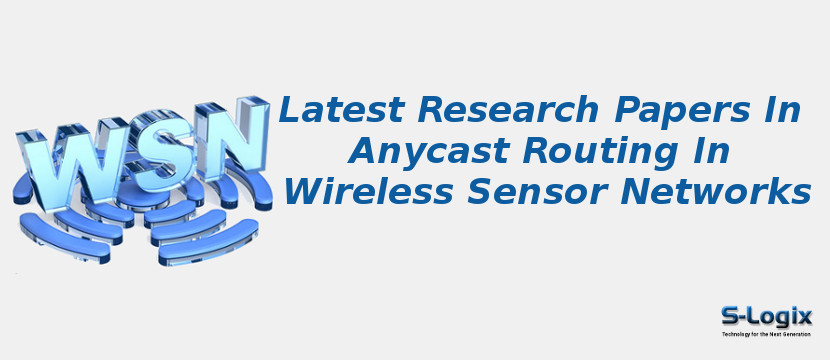Research on Anycast Routing in Wireless Sensor Networks (WSNs) focuses on optimizing data delivery from multiple sensor nodes to the nearest or most efficient sink node to enhance energy efficiency, reliability, and network lifetime. Anycast routing enables each node to select one of several possible destination nodes dynamically based on metrics such as residual energy, link quality, and hop distance. Recent approaches incorporate bio-inspired optimization algorithms, mobile agent-based routing, and multi-sink selection mechanisms to balance traffic loads and minimize end-to-end delay. Advanced schemes also explore machine learning-assisted route prediction and edge computing integration to support dynamic topology changes and real-time data transmission. Overall, anycast routing improves fault tolerance, reduces communication overhead, and enhances scalability, making it a vital strategy for large-scale and energy-constrained WSN environments.
